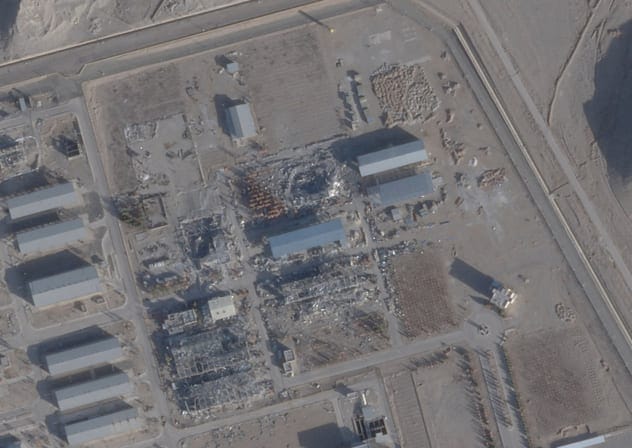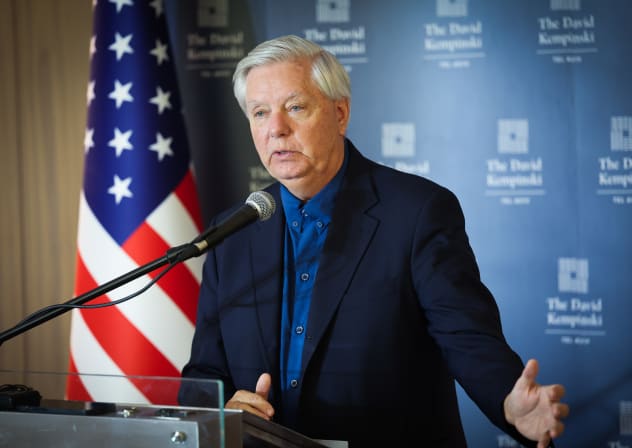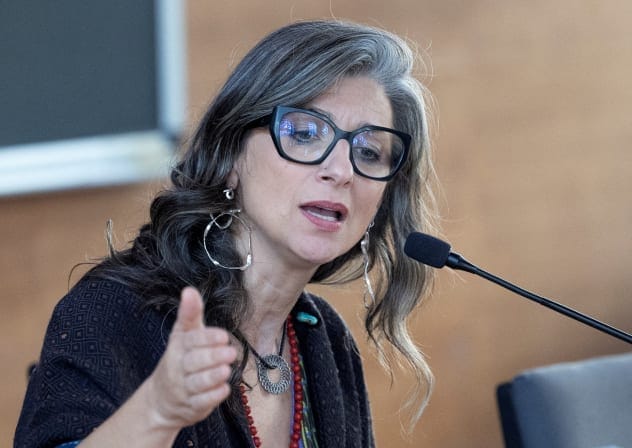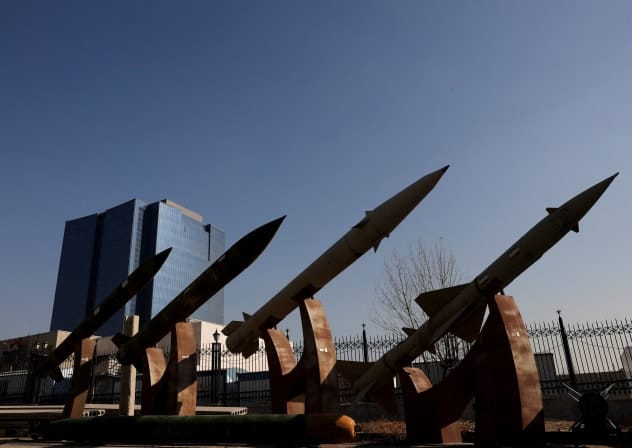Satellite images show Iran is rebuilding missile arsenal, nuclear sites - New York Times
Despite Iran’s three main nuclear facilities remaining inoperative, images show visible work underway.

Despite Iran’s three main nuclear facilities remaining inoperative, images show visible work underway.




Graham added that “too much is at stake” in the Middle East for the Lebanese attitude, and said that he was “tired of the double speak.”

Senior US officials are unclear on Trump's objectives for military action in Iran, as indirect talks continue in Oman amid rising tensions.

An Iranian official told Reuters the direct talks had not officially started, and that Iran’s demands had been conveyed to the US via Oman.

The US urged its citizens to "leave Iran now" due to protests, security measures, and flight disruptions. Dual nationals face the risk of detention, the travel advisory warned.

MIDDLE EAST AFFAIRS: That is a question many are now asking, alongside other questions that reflect a deeper sense of confusion: Wasn’t the issue Iran’s killing of protesters, not centrifuges?

According to the former official, thugs were employed by the regime to "identify individuals and guide or misdirect street movements."

Albanese is listed on Al Jazeera's site as a speaker during the forum's third session on its first day, during a panel titled: "The Palestinian Cause in a World Moving Toward Multipolarity."

The planning map shows where the "UAE Temporary Emirates Housing Complex" would be constructed near Rafah.

The Khorramshahr 4 has a range of 2,000 km (1240 miles) and is capable of carrying a 1,500 kg warhead, Iran's state-run Press TV said.

The concept echoes recent years of proxy warfare across Lebanon, Iraq, Syria, and the Red Sea, where Houthi maritime attacks disrupted shipping and drew international responses.
